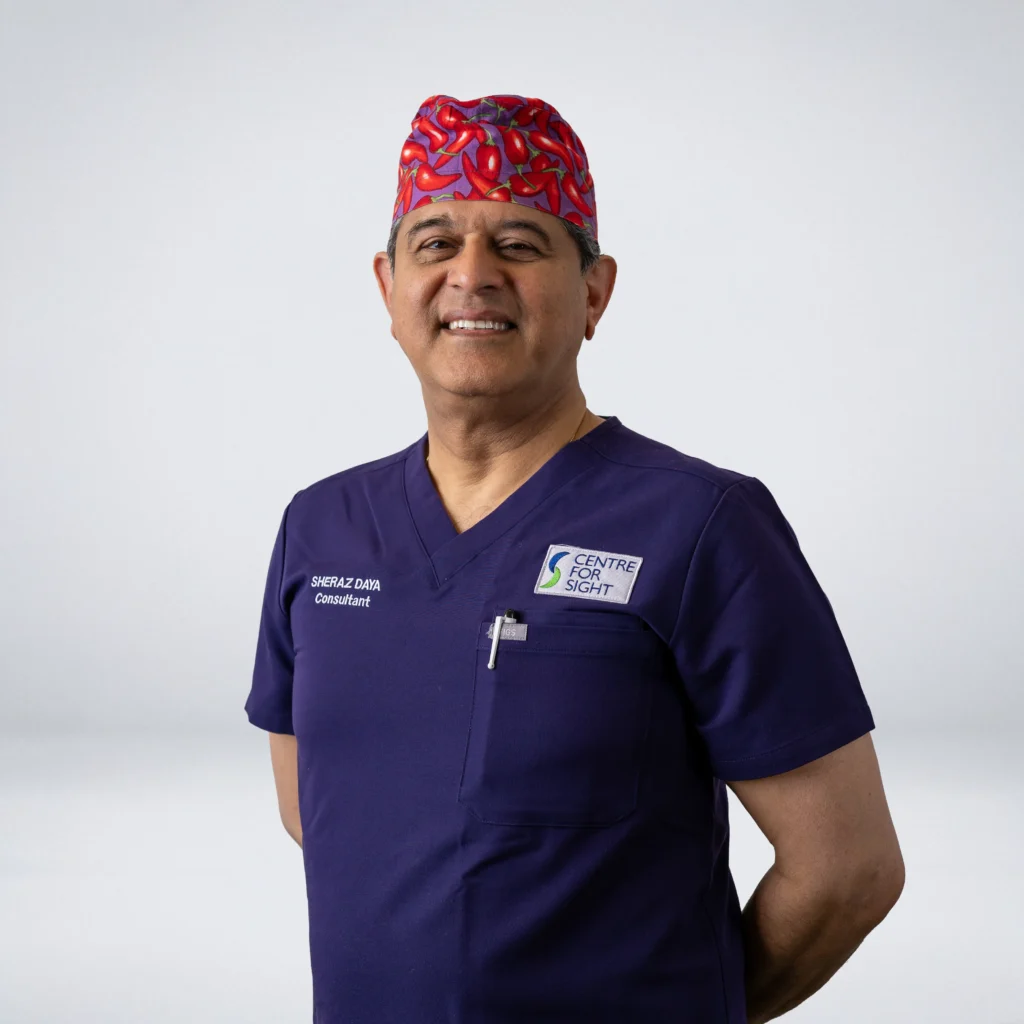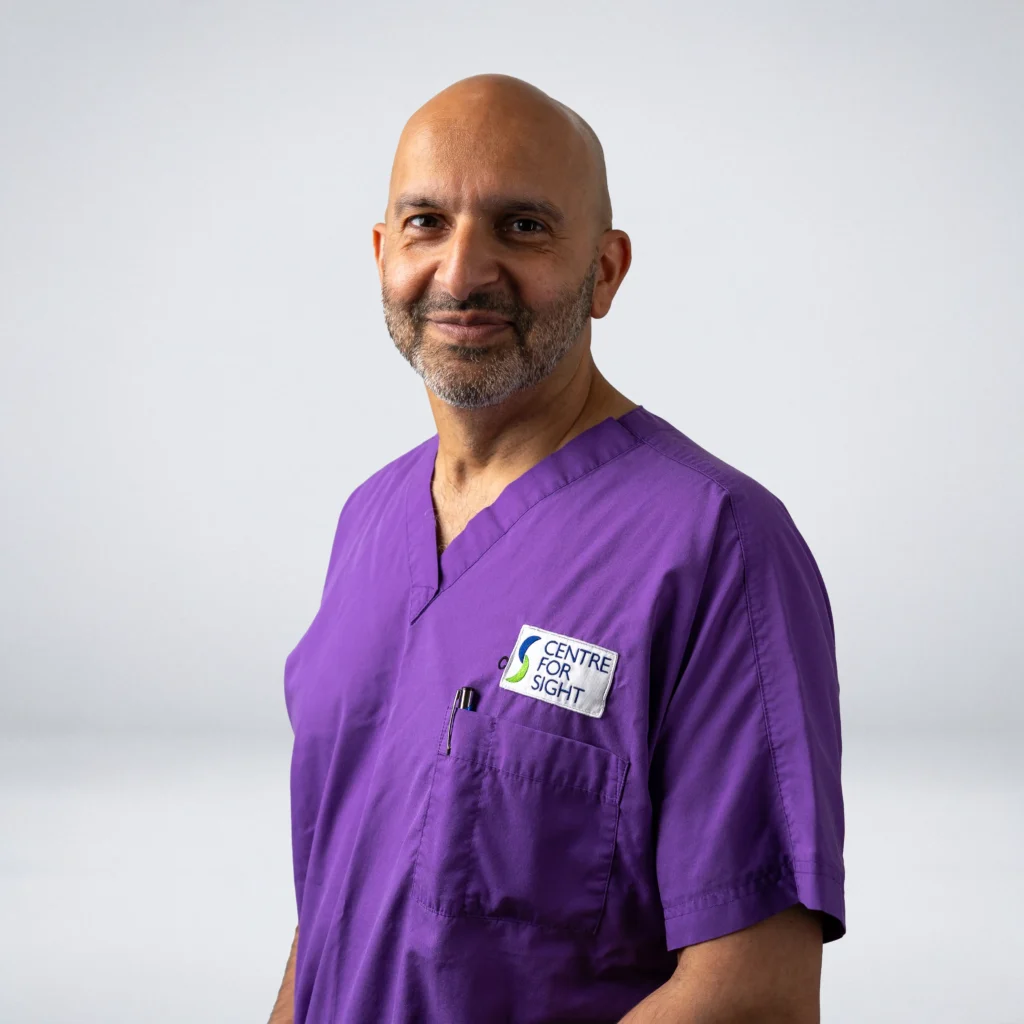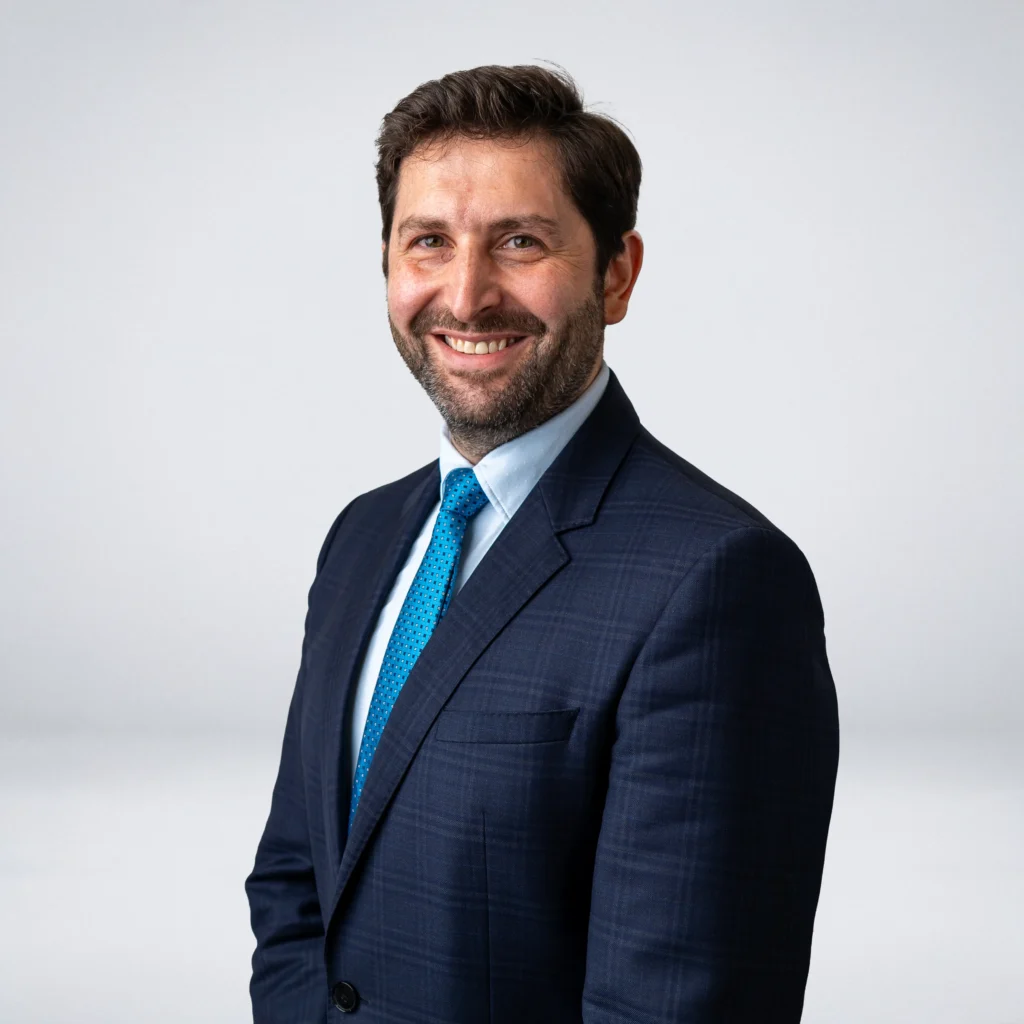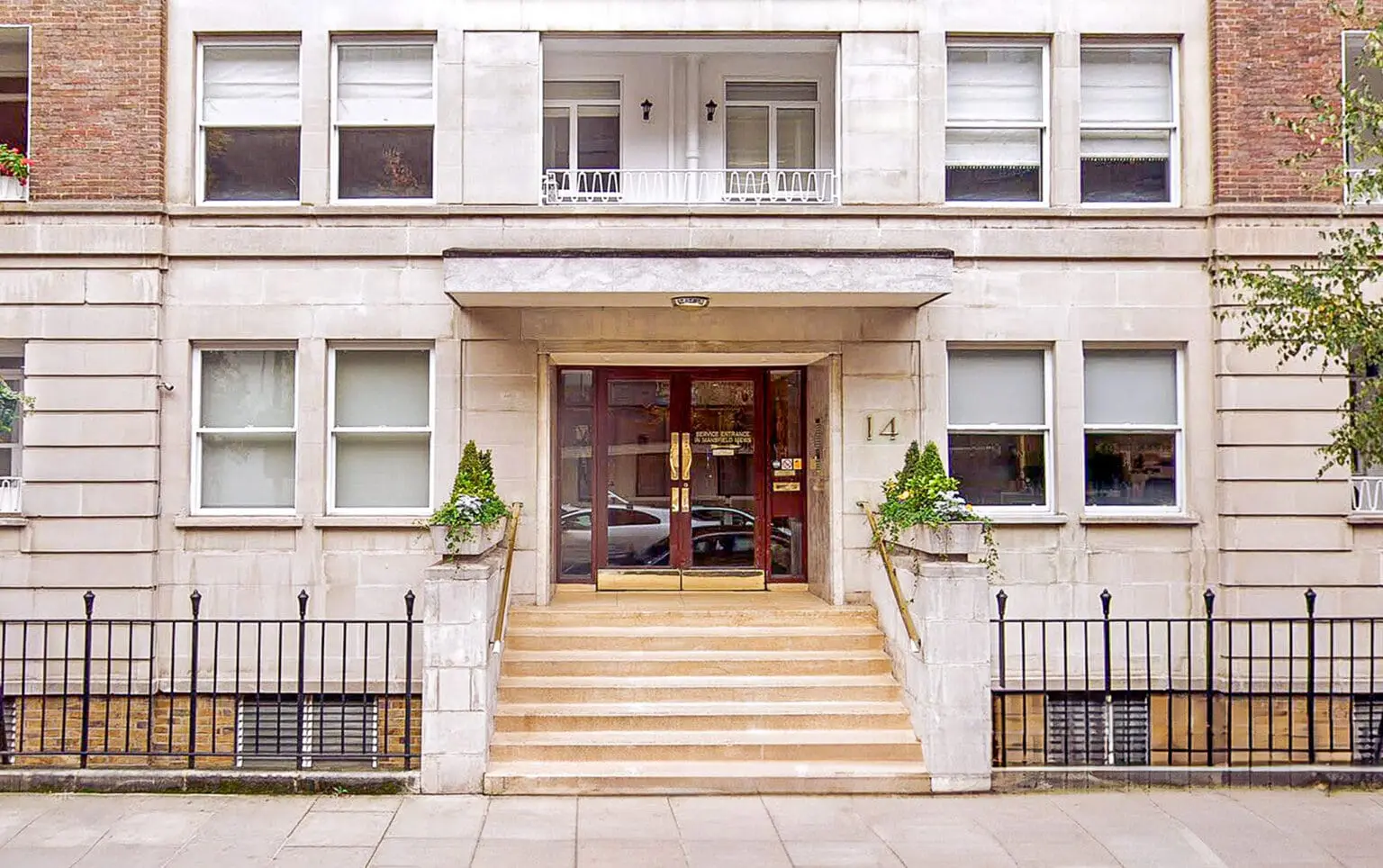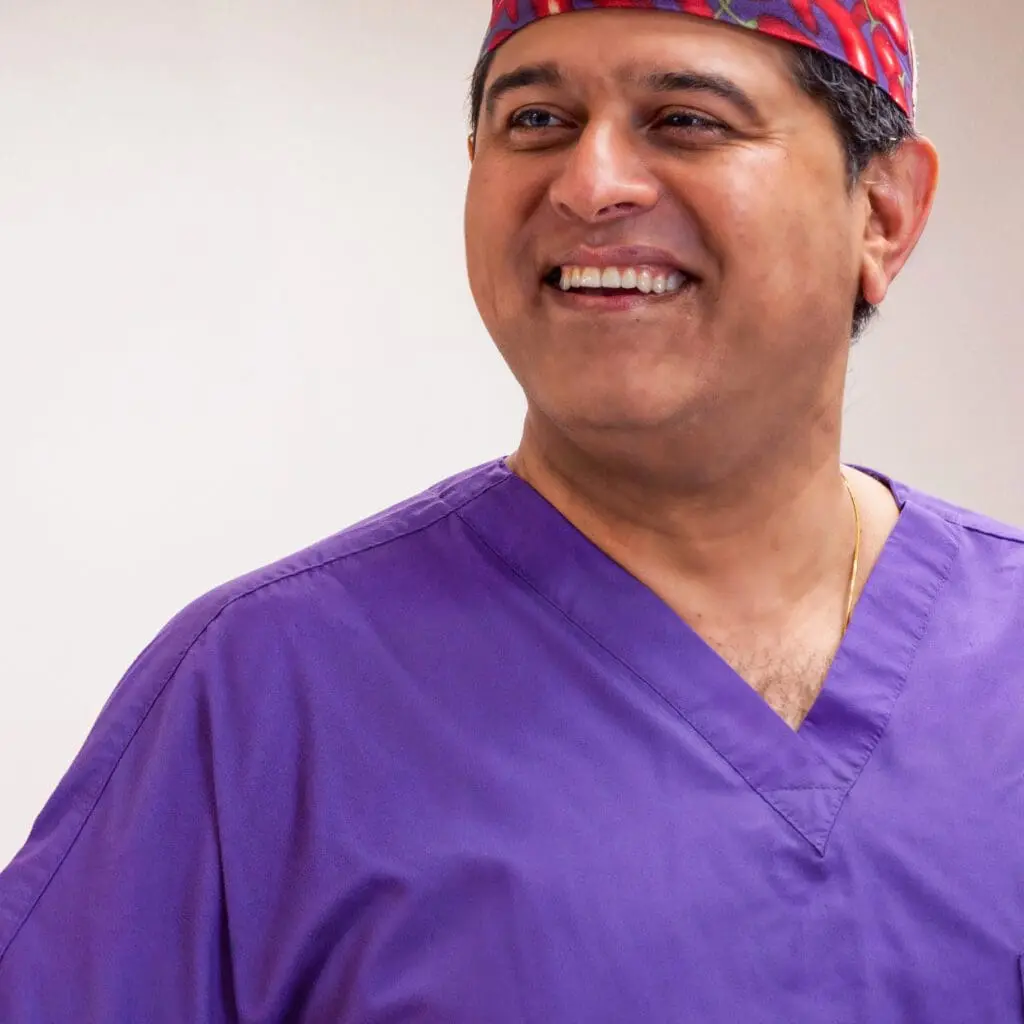Specialist Eye Treatments With Outstanding Care
‘Focused on excellence, quality, and safety at every step, we have built an outstanding reputation.’ – Mr Sheraz Daya, Founder and Medical Director.
Centre for Sight is amongst the most advanced private premium eye care hospitals and is the UK’s oldest Doctor-led private eye centre, dedicated to patients. We are also the UK’s longest-running private provider of LASIK laser eye surgery.
Laser Eye Surgery
Cataract Surgery
Lens Replacement Surgery
Implantable Contact Lens
Keratoconus
Corneal Transplant
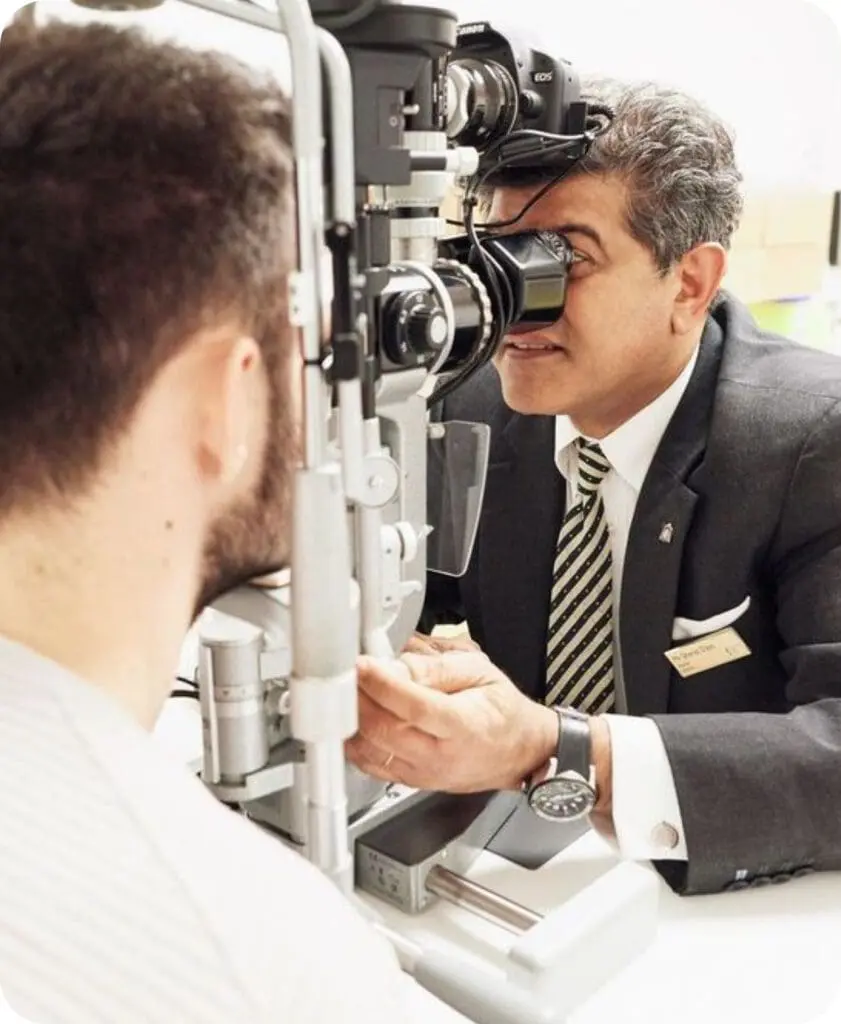
Why we are different
At Centre for Sight, we are dedicated to surpassing patient expectations in both outcomes and overall experience. What sets us apart is our commitment to personalised eye care, you will have the same dedicated surgeon guiding you from the initial consultation to your final recovery, all within our award-winning, purpose-built hospital. We are recognised not only as a leading centre internationally but also as a trusted reference and advisor within the eye care industry. We are proud to be the choice of fellow medical practitioners and the Doctors’ doctors.
Our commitment to excellence is reflected in the numerous awards we have received and our accreditations, including ISO 9001, 14001, and 27001. While we proudly serve patients across three locations in London, Surrey, and Sussex, our goal has never been to be the largest—only the best.
Our Centres
London Centre
Suite 2, 14 Queen Anne Street, London W1G 8HZ
Sussex Centre
Hazelden Place, Turners Hill Road, East Grinstead, West Sussex, RH19 4RH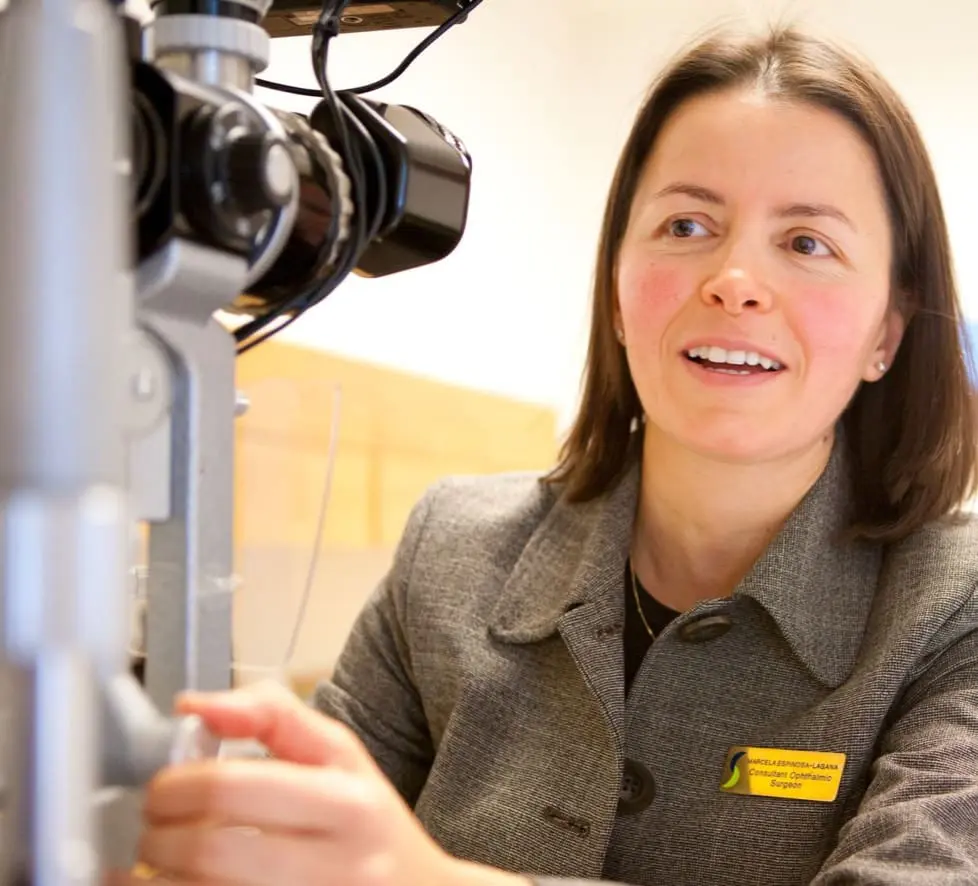
Highly Rated
At Centre for Sight, our commitment since 1996 has been to exceed patient expectations in both results and experience. We are proud that our patients have consistently rated us with 5 stars. We invite you to explore their stories here.


